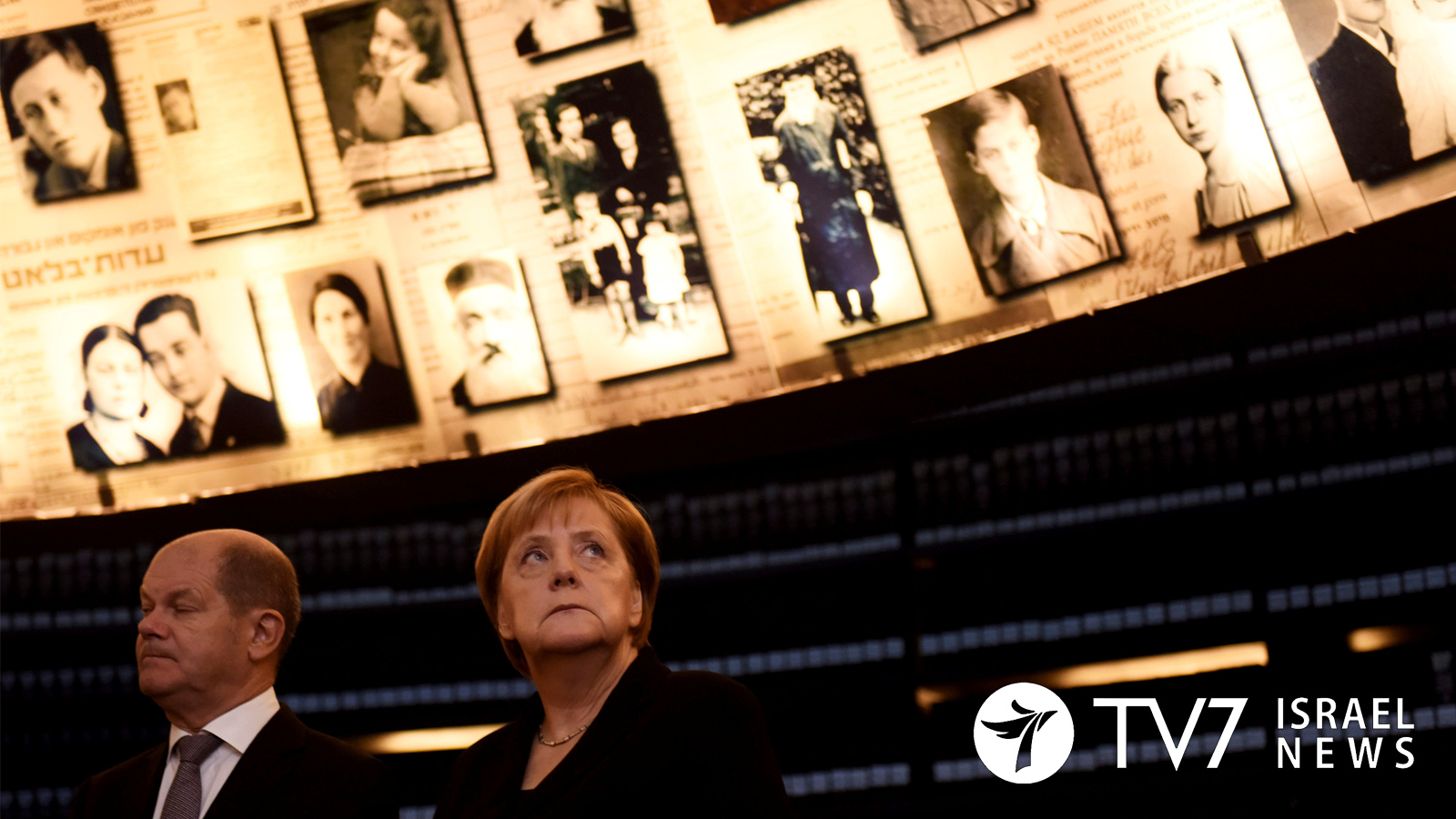German Chancellor Angela Merkel concluded an official visit to Israel, during which Berlin and Jerusalem held their seventh government-to-government meeting. While Merkel’s visit came at the backdrop of a disagreement on how to thwart Iran’s nuclear aspirations, both Chancellor Merkel and Prime Minister Netanyahu reaffirmed their countries special and close bilateral relations, at a joint press conference in Jerusalem. According to Netanyahu, “Ten years ago you famously addressed the Knesset. You declared that Germany and Israel are linked by a special, unique friendship. You described this friendship as being marked by an enduring responsibility for the past, by shared values, by shared challenges and shared interests. You said that Germany would never forsake Israel and would remain a true friend and partner to Israel and that Israel’s security would never be open to negotiation. I have to say Chancellor Merkel that you have kept true to your word and you have shown it time and time again.” Netanyahu referred to a speech given by the German Chancellor to Israel’s parliament, the Knesset, in 2008, during which she said that Germany shares responsibility for Israel’s security. Reiterating those sentiments, once again Merkel emphasized her nation’s “everlasting responsibility” for Israel “due to the crimes of the Holocaust.” With regard to threats posed by the Islamic Republic, Merkel asserted that Berlin, alike Jerusalem, is committed to ensuring that Iran does not achieve nuclear capabilities, but disagrees with Israel regarding the way to prevent its aspirations. While Israel adamantly opposes the Iranian nuclear deal, Germany supports it, claiming the agreement to be the best way to thwart Tehran’s nuclear ambition. “We are very convinced and strongly share Israel’s position that everything must be done to prevent Iran from acquiring nuclear weapons. Where we are not always united is on the path to this goal and so discussions will continue,” Merkel stated. Despite the disagreements between Israel and Germany, Prime Minister Benjamin Netanyahu underscored that the international community must hold a unified stance, in order to successfully pressure the Iranian regime into fully dismantling its nuclear program. He warned that the Islamic Republic continues to pursue regional, and even global, dominance, an aspiration Israel will continue to confront, to assure its national security. In the Israeli Prime Minister’s words, “I believe that all nations must join together to press the Iranian regime to fully dismantle its nuclear weapons program. They’re still trying to hide, I exposed some of that in the UN. They’re trying to get there through the back door. But also to cease its terror activities in Europe and around the world, and also to stop using Syria as a base for attacks against Israel. Syria and Lebanon. And ultimately, they have to get out of Syria altogether. Israel will continue to do what we must do to defend ourselves, to defend our state and our people. We will continue to block Iran’s efforts to use Syria and Lebanon as forward bases for attacking Israel.” Netanyahu also took the opportunity to commend Germany for arresting an Iranian diplomat, allegedly involved in plotting a failed bombing attack in Paris.
According to French Authorities, Iranian agents sought to carry out a bombing attack at a rally of the National Council of Resistance of Iran, an exiled Iranian opposition group that is based in the French capital. The rally, which was held in June, was attended – among others – by high profile politicians, including U.S. President Donald Trump’s lawyer, Rudy Giuliani, and several former European and Arab ministers. European Intelligence sources told TV7 that Saied Hashemi Moghadam – the general director of Iran’s intelligence who also serves as a deputy minister – was the one who ordered the attack, which was thwarted in a coordinated cross-European-operation. French Authorities had warned the Islamic Republic to expect a robust response, declaring in a statement that: “An incident of such gravity on (France’s) national territory could not go unpunished.” As part of its initial measures against the Islamic Republic, French Authorities seized assets belonging to Iran’s intelligence services and two Iranian nationals, while the Foreign Ministry in Paris has restricted French diplomats from traveling to Iran. While the Iranian Foreign Ministry did not respond to TV7’s request for comment, relations between Paris and Tehran have taken a “nose-dive”. That said, France continues to stubbornly maintain that the nuclear agreement with Iran must be preserved, as was reaffirmed by France’s Defense Minister Florence Parly, during a joint press conference with her visiting American counterpart James Mattis. According to Parly, “The JCPOA (Iran nuclear deal) is not a perfect accord, but it’s an accord that deserves to exist to suspend the proliferation of nuclear weapons, which, if this accord were to be denounced, would certainly and rapidly pick up.” The French top defense official emphasized, however, that Paris does view Iran’s ballistic activity as a threat that must be addressed, saying that “”We believe, just like (United States) President (Donald) Trump, that Iran’s ballistic activity is a threat. We believe, just like President Trump, that Iran’s influence in the entirety of the region is a subject of major preoccupation. And so, we think that these topics should be the focus of discussions with Iran, but this should be done without questioning yet again Iran’s compliance with the treaty and the Vienna accord.”
